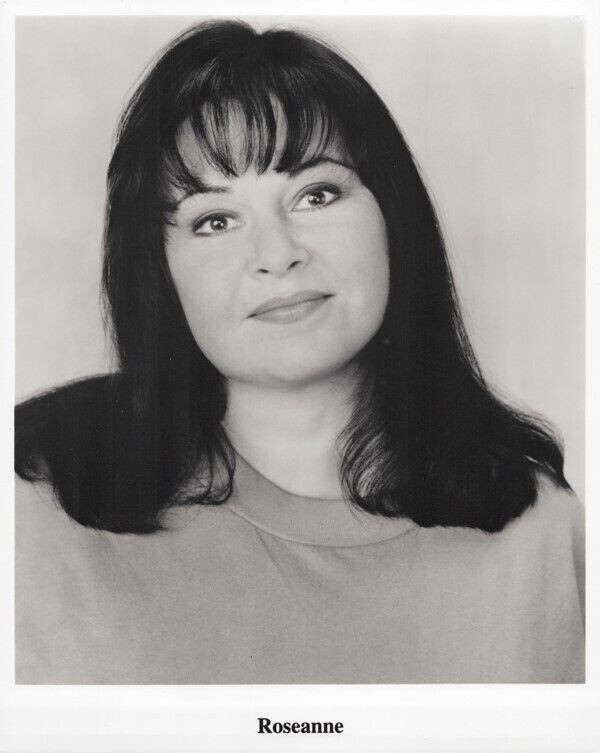The sudden cancellation of a hit show—one that boasted the highest ratings for a new TV series in years—due to off-screen controversy left many viewers stunned. The infamous remark made by Roseanne Barr, where she cited “The Planet of the Apes” while discussing Valerie Jarrett, a Black woman and former adviser to President Barack Obama, was deemed abhorrent by ABC Entertainment’s president. This decision sent shockwaves through the entertainment industry and among fans who had grown attached to the iconic family from Lanford.
Roseanne: A Show That Defined Reality on TV
Roseanne, which originally aired from October 1988 to May 1997, became a cultural phenomenon because it depicted real-life struggles faced by working-class families. For many, it was the first time they saw a family on TV that mirrored their own lives. From financial hardships to interpersonal conflicts, the show tackled issues with unflinching honesty and humor. While some critics argued that certain gags were over-the-top or disconnected from reality, the authenticity of its characters resonated deeply with audiences.
In fact, Roseanne Conner herself evolved significantly throughout the series. Early seasons portrayed her as a strong-willed yet relatable mother trying to make ends meet. However, as the show progressed, some fans felt her character grew increasingly unlikeable, straying from the charm that initially drew them in. Despite this, the series remained groundbreaking, paving the way for future sitcoms like Will & Grace, Ellen, and others that dared to address social issues head-on.
The Reboot and Its Fallout
When the reboot premiered in 2018, expectations were high. Fans hoped to revisit the beloved Connor family and see how they navigated modern challenges. Unfortunately, controversies surrounding Roseanne Barr's personal views overshadowed the revival. Her inflammatory comments led to the abrupt cancellation of the show, leaving fans disappointed but unsurprised given her history of outspokenness.
Despite the backlash, the original Roseanne remains a cherished part of television history. Episodes featuring heartfelt moments, such as the family flopping on the couch, eating together at the table, and solving everyday problems, continue to be celebrated. These scenes captured the essence of what made the show so special: its ability to reflect the mundane yet meaningful aspects of life.
A Legacy Beyond the Screen
Roseanne Barr's influence extended beyond the fictional world of Lanford. In interviews, she revealed that much of the show's content was inspired by her own experiences. She even threatened to move the series to another network if certain storylines weren't approved, showcasing her commitment to staying true to her vision. Though controversial, her boldness helped shape one of the most influential sitcoms of all time.
After the cancellation of the reboot, ABC introduced The Conners, a spin-off that continued the story without Roseanne Barr. In the finale, her absence was acknowledged creatively, allowing the remaining cast to pay tribute to her impact while moving forward. This bittersweet conclusion marked the end of an era but ensured the legacy of the Connor family lived on.
Fan Favorites and Memorable Moments
Throughout its run, Roseanne featured memorable jobs and side stories that captivated fans. Whether it was Roseanne working at Wellman Plastics or exploring entrepreneurial ventures, each role added depth to her character. Some episodes ended with cliffhangers or touching resolutions, leaving lasting impressions on viewers. Even today, discussions about the best Roseanne job or favorite episode thrive in fan communities.
For those looking to relive these classic moments, streaming services like Peacock offer access to the full series. With nine groundbreaking seasons filled with laughter, drama, and heart, Roseanne continues to entertain and inspire new generations of fans.
Conclusion: Why Roseanne Matters
The show may have ended, but its impact endures. By breaking barriers and challenging societal norms, Roseanne set a precedent for authentic storytelling in television. It reminded us that humor can coexist with hardship, and that representation matters. As we look back on its legacy, we celebrate not just the laughs it provided, but the way it humanized the American experience—one awkward moment at a time.

